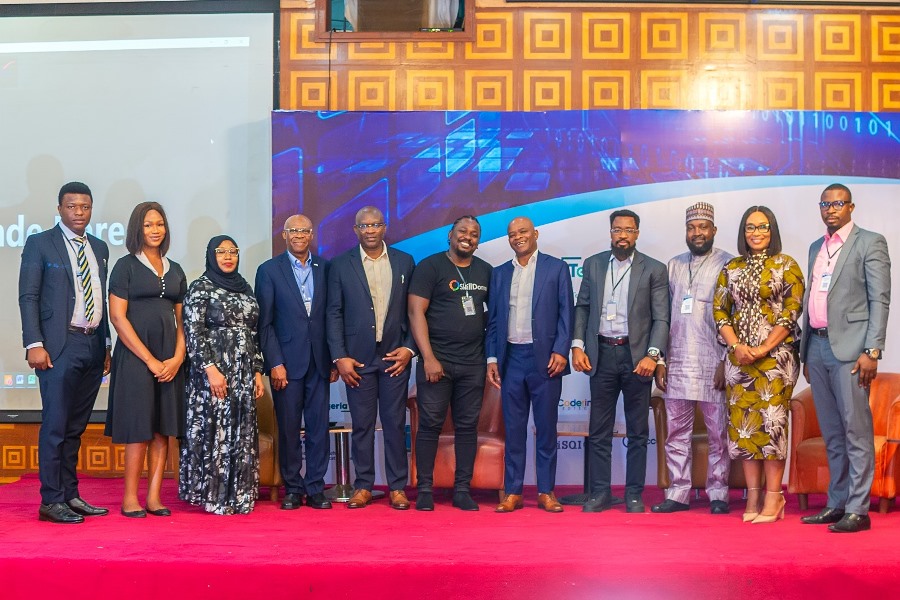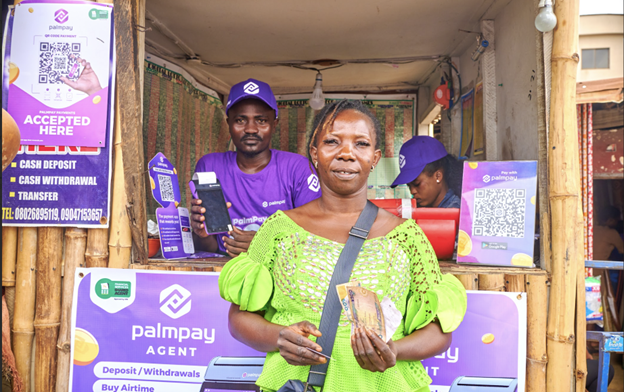Effective software quality assurance in the Nigerian Digital Economy will greatly impact the digital economy’s accelerated growth, says Professor Isa Ali Ibrahim (Pantami), Nigeria’s Minister of Communications and Digital Economy.
He remarked in the lead address at the first-ever Software Testing Conference in Nigeria with the theme “Impact of Software Quality Assurance in the Nigerian Digital Economy”, organized by Nigeria Software Testing Qualification Board (NGSTQB) on Wednesday, November 23, 2022, at Oriental Hotel, Victoria Island, Lagos, Lagos State.
Pantami acknowledged that the importance of software in global development cannot be overemphasized hence software powers the hardware, and most of the innovations in all sectors and spheres of life.
“If you look at the world’s advancement in the internet economy, transportation, financial services, power, cyber security and many life endeavours; software is the secret to that success. I can categorically say that the world would not have achieved much if there was no invention of software.
“The article by Jeff Lawson in the Harvard Business Review argued that in the digital economy, your software is your competitive advantage.

“He said ‘many companies respond to digital competition by embracing methodologies like agile, building ‘innovation centres,’ acquiring startups, or outsourcing app development to consulting firms. But the true disruptors know that in the digital economy, whoever builds the best software wins. Companies that want to compete need to empower their developers and adopt a ‘software mindset’”.
“This same argument applies to any country that wants to succeed in the digital economy era. We have seen the implication of this during the Covid-19 pandemic. The technology (especially ICT) industry which is powered by software benefited the most. The industry’s growth skyrocketed”.
The Minister who spoke through Dr Engr. (Mrs) Falilat Jimoh, Digital Architect Manager, NITDA, said, however, one of the greatest challenges the software industry is facing today is issues of quality.
He referred to a report by Synopsys Inc in the US which finds that many organisations allow software quality to lag behind other objectives, but that lack of attention comes at a steep price.
“In 2020, the cost of poor software quality in the US was approximately $2.08 trillion. That is why software quality assurance and testing is a big industry today. According to a comprehensive research report by Market Research Future (MRFR), ‘Software Quality Assurance Market information by Solution, by Deployment, by Organization Size and Region has been forecast to reach USD 14.01 billion market size by 2027’”.
“There is, therefore, a need to take full advantage of the opportunities the software industry is going to play in the digital economy growth while ensuring the challenges that could hinder software quality do not thwart the progress we have collectively in the digital economy sector”.
Pantami, therefore, said that the theme of the first edition of the Software Testing Conference: ‘Impact of Software Quality Assurance in the Nigerian Digital Economy’ is apt as effective software quality assurance in the Nigerian Digital Economy will greatly impact the digital economy’s accelerated growth.
“Web portals and apps are now part of our daily routine. This conference provides the platform to discuss and share our ideas on the use and need for Software Quality Assurance and its effect on the Nigerian Digital Economy.
“In the last two decades, there has been an upsurge in the use of Digital technologies all over the world. Nigerians are not left out in the uses of digital technologies in services provision, trade, socializing and communication with one another. Consequently, Nigeria has seen tremendous growth in digital services, ranging from eCommerce to Fintech Services. Therefore, the potential of the digital economy to create economic growth, employment and innovation cannot be underestimated.
“Bearing in mind the importance of a digital economy, His Excellency, President Muhammadu Buhari, GCFR, approved our request to redesignate the Federal Ministry of Communications as the Federal Ministry of Communications and Digital Economy on the 17th of October, 2019. The change was officially endorsed at the Federal Executive Council on the 23rd of October, 2019 and the process of implementing a digital economy for the country began on the 24th of October, 2019, which was approved as the Digital Nigeria Day.
“The redesignated Ministry also had an added mandate of developing the digital economy in line with the focus of the Federal Government and the first step was the development of a Policy and Strategy to drive the development of the Digital Economy.
“Specifically, the ICT sector provided 3 unprecedented contributions to the Gross Domestic Product (GDP) of the country in the last 3 years, namely 14.07% in Q1 2020, 17.92% in Q2 2021and 18.44% in Q2 2022. At each time, that has been the highest-ever contribution of the ICT sector to the GDP. This is unprecedented in our history.
“We have shown that the digital economy can greatly support the traditional economy.
“The contribution of the digital economy to the gross domestic product (GDP) of Nigeria and its role in making the economy resilient to adverse events like the COVID-19 pandemic are 2 good examples of the impact of the digital economy on the traditional economy.
“Software quality assurance has a great role to play in accelerating the achievement of the objectives of Nigeria’s Digital Economy Policy and Strategy (NDEPS) pillars. The pillars are Developmental Regulation; Digital Literacy and Skills; Solid Infrastructure; Service Infrastructure; Digital Services Development and Promotion; Soft Infrastructure; Digital Society and Emerging Technologies; and Indigenous Content Promotion and Adoption.
“With the transition to digital platforms, we must ensure our digital products are tested and certified by members of NGSTQB and if there is a need, a member of the International Software Testing Qualifications Board (ISTQB).
“We would strengthen our partnership with the NGSTQB to provide training on software quality assurance to many interested individuals.
“With higher user expectations and the need to deliver higher–quality software, Software Quality Assurance testing and certifications are a must. Everyone in the software business knows the landscape is constantly changing, and testing helps to manage the risks associated with the development and adoption of software.
“Considering the potential growth of software, the economic and risk-reducing benefits of software quality assurance; there is a need to develop the necessary capacity in software testing and quality assurance to tap this aspect of the software industry.
“The mission of NGSTQB is ‘to generate public awareness of the economic and risk management benefits that professional software testing practices offer’ is in line with these needs.
“By ensuring the software we use in business or governance for public service delivery, and social and economic activities are certified, it has the potential to greatly enhance cost-effectiveness, reduce security breaches, promote product quality, and ensure better user experience and customer satisfaction”.
He said that the Ministry is always willing to partner with relevant stakeholders to advance the course of software quality assurance and testing to promote a sustainable digital economy in Nigeria. In conclusion, it is worth noting that Software Quality Assurance will boost the quality of digital products and services in Nigeria and, in turn, positively impact the Digital Economy.
TestNigeria Conference 1.0 sponsored by Inlaks, Global Accelerex, Quality Certain, Altaviz Support, The Nigeria Office for Developing the Indigenous Telecoms Sector (NODITS) and others, featured networking cocktail, keynote presentations, panel sessions and fireside chat including special sessions on Software Test Improvement in Organisations; Growing Software Testing Ecosystem in Nigeria’s Educational Sector, and the Need for Certified Test Professionals in Organisations.
















